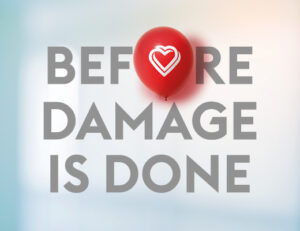High Blood Pressure
Blood pressure is measured using a blood pressure monitor.
Blood pressure varies with age and depends on how active you are before it is checked. If you are nervous or anxious when your blood pressure is checked, the measurement can be higher than usual because your heart is beating faster.
One high reading does not always mean that you have high blood pressure. If you do have a high reading at first, your doctor will usually want to check your blood pressure several times. The more readings you have, the more accurate your blood pressure diagnosis will be. Your doctor may sometimes recommend that you monitor your blood pressure over 24 hours. This gives many more readings to help your doctor decide if you need treatment.
You have high blood pressure if your systolic blood pressure remains at 140 mmHg or higher or your diastolic blood pressure remains at 90 mmHg or higher after several blood pressure readings.
If you are under 40 with no risk factors for high blood pressure, you should have your blood pressure checked once every 3 years. If you are over 40, have your blood pressure checked at least once a year. If your blood pressure is found to be raised or high, your doctor or practice nurse will check it more often.
Support through the Chronic Disease Management Programme
In Ireland, the Chronic Disease Management (CDM) Programme aims to prevent and manage chronic (long-term) conditions through your local GP practice. The benefit of the programme is that you and your doctor can work together to reduce your risk of developing conditions such as cardiovascular disease, diabetes, or both.
The programme is free if you have a medical card or GP visit card. It includes one set of reviews with your GP and practice nurse every 12 months. These reviews include a blood pressure check and blood tests. For more information about the programme, speak to your doctor or practice nurse or visit the HSE’s CDM information page.
Checking your blood pressure at home
If you have high blood pressure and are thinking of buying a monitor to measure your blood pressure at home, it is important that you select the right device.
With so many devices available, it can be confusing to know which is the best home blood pressure monitor for you. The good news is that you can find a list of independently tested devices approved for home use from non-profit organisation STRIDE-BP.
 About the Irish Heart Foundation’s ‘Before Damage is Done’ campaign.
About the Irish Heart Foundation’s ‘Before Damage is Done’ campaign.

